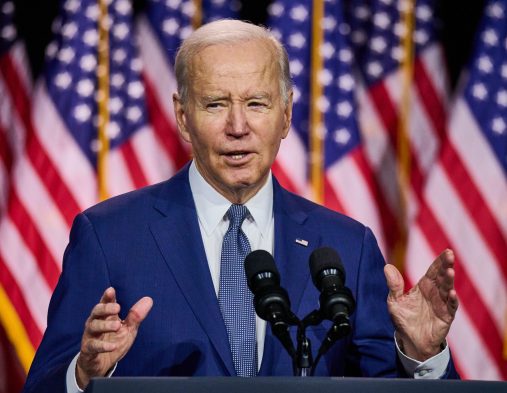U.S. Bans Russian Uranium Imports to Boost Energy Security
On May 13, 2024, President Biden signed the Prohibiting Russian Uranium Imports Act (H.R. 1042) into law, marking a significant step towards eliminating U.S. dependence on Russian uranium for civil nuclear power reactors. Effective August 12, 2024, the legislation prohibits the import of uranium products from the Russian Federation. It also includes a waiver process managed by the Department of Energy, in consultation with the Departments of State and Commerce, available until January 1, 2028.
Read also: NUCLEAR OPTIONS: THE TRUMP ADMINISTRATION’S TRADE RESPONSE TO URANIUM PROTECTION
This bipartisan action underscores the U.S. commitment to reducing reliance on Russian uranium, which funds Russia’s military-industrial activities, including its ongoing war against Ukraine. The State Atomic Energy Corporation (Rosatom), responsible for Russia’s uranium exports, is also linked to the country’s nuclear weapons program, posing a national security threat to the United States.
Since February 2022, over 35 Rosatom subsidiaries and associated individuals have been sanctioned under Executive Order 14024. The new law responds to Russia’s demonstrated willingness to weaponize economic relationships, highlighting the risks of continued reliance on Russian uranium for U.S. energy and economic security.
The enactment of this law unlocks $2.72 billion in appropriated funds for the Department of Energy to invest in domestic uranium enrichment. This initiative aligns with international commitments, including the G7’s pledge to reduce reliance on Russian civil nuclear goods and the COP 28 Sapporo 5 agreement to invest $4.2 billion in expanding enrichment and conversion capacity. Additionally, the law supports the Multinational Declaration to Triple Nuclear Energy Capacity by 2050.
The bipartisan legislation, along with the FY24 budget funding, aims to establish a secure, resilient nuclear fuel supply chain independent of adversarial influence, ensuring long-term energy security for the U.S. and its allies.





Leave a Reply